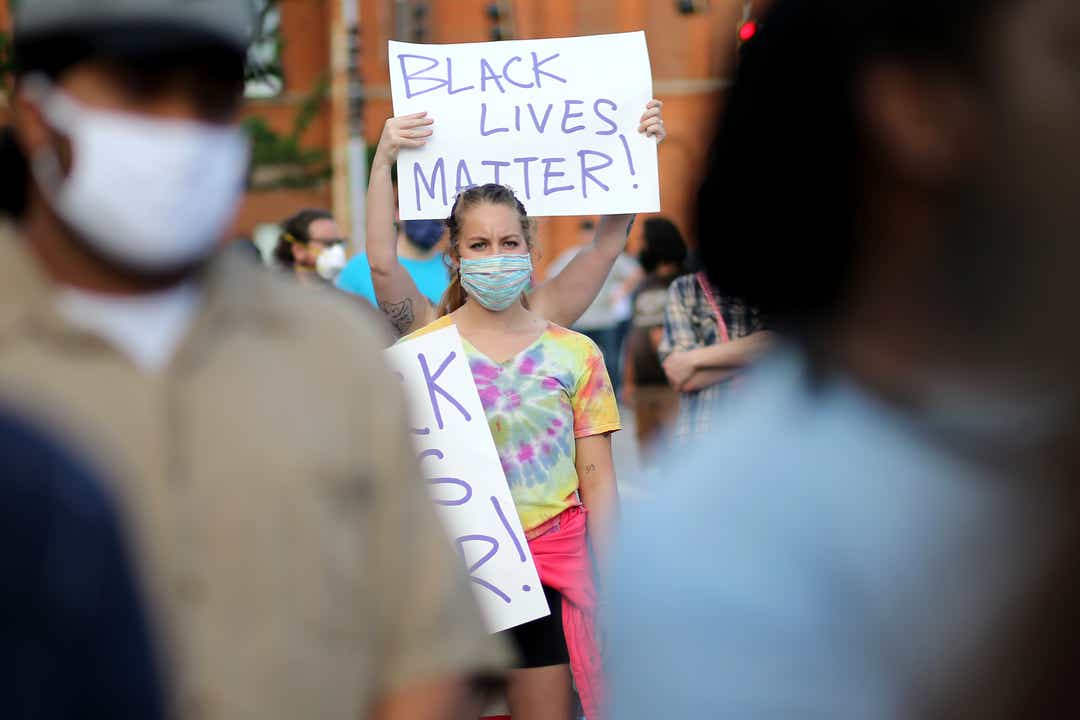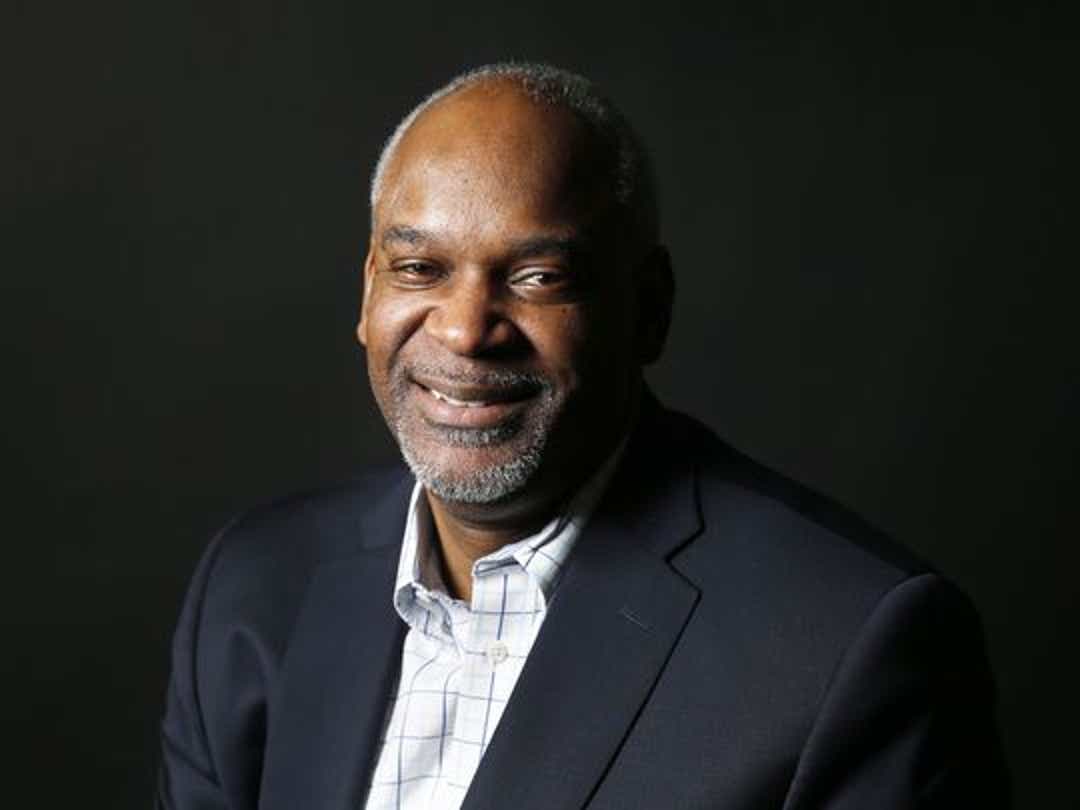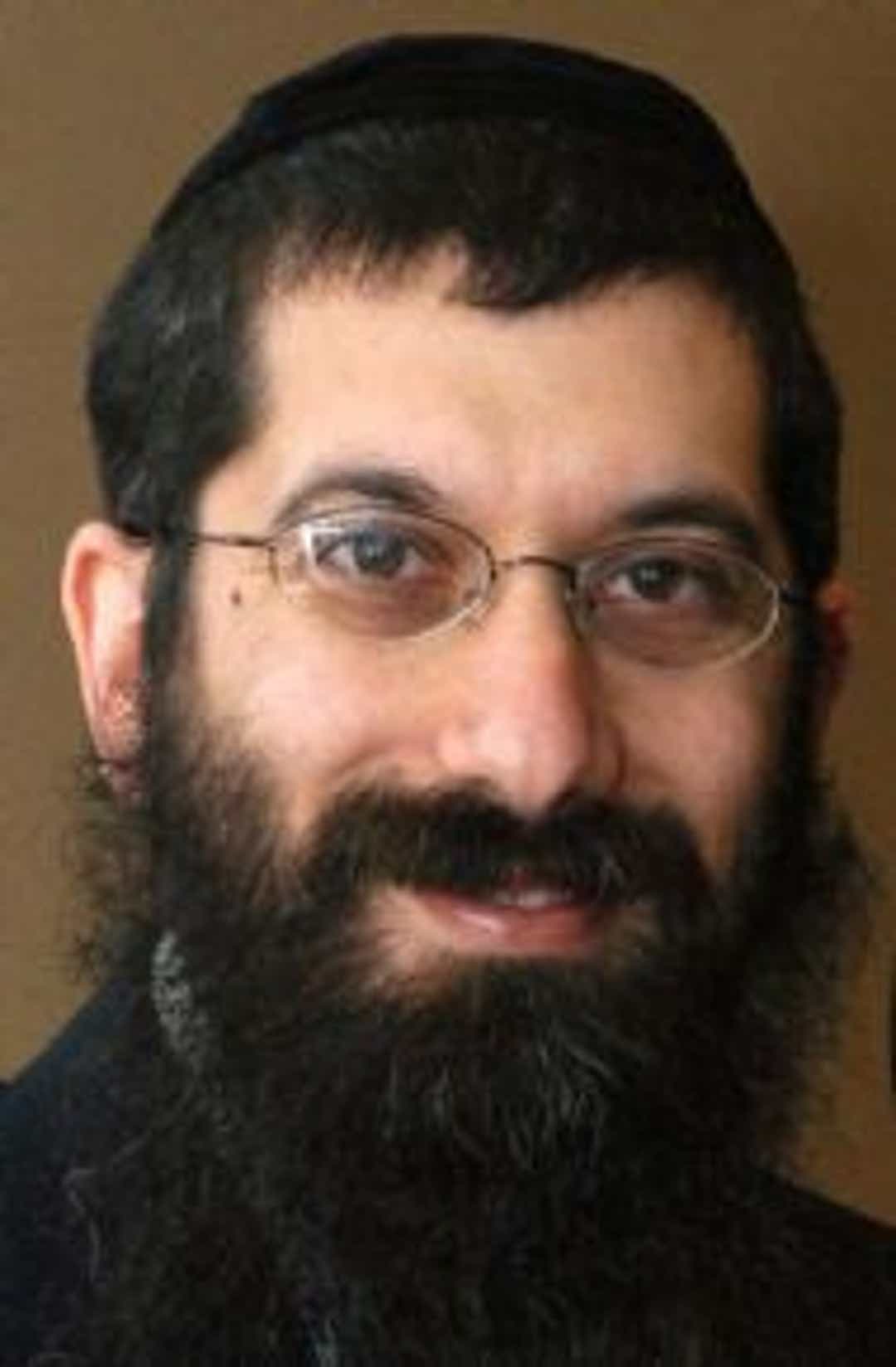Trump's direct channel to ordinary Americans (he has 80 million followers now) allowed him to bypass the media's gatekeepers and arguably landed him in the White House.
This week, in a nation riven by a pandemic and violence in the streets, the uneasy marriage between President and platform came to a spectacular crackup. For the first time, Twitter added a link to two of Trump's tweets, providing a fact check that disputed his condemnation of mail-in ballots. The President responded with an executive order targeting social media companies and accusing Twitter of "completely stifling FREE SPEECH." Then Twitter slapped a warning label on a Trump tweet about Minneapolis protests over the killing of George Floyd while in police custody.
Callan argued that Twitter would have been justified in taking down the "despicable" and "debunked" suggestion spread by Trump that MSNBC host Joe Scarborough had something to do with the death of Lori Klausutis, who in fact died as the result of a fall resulting from heart disease.
In the New York Times,
Kara Swisher cited Klausutis' husband Timothy's anguished appeal to Twitter to take action against "this vicious lie." Swisher wrote, "While it is impossible to stop the endless distribution of a screenshot of the tweets,
taking the original ones down would send a strong message that this behavior is not tolerated."
Even more concerning to many was the nature of Trump's tweet on the Minneapolis protests: He resurrected the phrase "when the looting starts, the shooting starts," first uttered by a Miami police chief during the 1960s.
Michael D'Antonio wrote, "with protests turning into nights of rage, Minneapolis is revealing the
open wounds of racism that a true leader would at least acknowledge, if not seek to heal. Floyd's death should evoke the kind of grief that would move a President to compassion and concern. Instead, Trump threatens to take us back to the bad old days of the 1960s when civil rights protesters were met by Public Safety Commissioner Bull Connor's police dogs in Birmingham and a national commission's report on the racism that led to a surge in riots was widely read but then largely forgotten."
'I need white mamas to come running'
"Mama" is the "sweetest name in the world" to Christy Oglesby, who cherishes her relationship with her now-grown son Drew. For years, she protected him. Now "he thinks about protecting me," she noted, recalling the time he said, "Haven't I told you that I lift things? I go to the attic. I pump the gas." Oglesby added, "But I'm still and will always be Mama. That's my job."
So she reacted viscerally when she saw the video of a police officer holding his knee on George Floyd's neck even as he said he couldn't breathe and cried out for his "Mama."
"I'm tired," she wrote. "I'm tired of being scared...I'm tired of reading about Ahmaud, Travis, George and so many others. The list never stops.
I need the white mamas to share this burden. I need my white friends to love me and mine enough to come running, too."
Bakari Sellers recalled the story of his father, who was shot and then imprisoned in the 1968 "Orangeburg Massacre," when three South Carolina State University students were killed by highway patrol officers during a campus protest. "Together, we must work to address the perpetual trauma and racial disparities that persist and prevent history from repeating itself," Sellers wrote. "The next generation deserves a better inheritance than their grandparents' America.
Our children deserve freedom."
Cedric Alexander, a former police chief who spent four decades in law enforcement, called the death of George Floyd
"a catastrophic failure of training and an unconscionable failure of culture" and a horrific "rerun" of the chokehold death of Eric Garner in New York City in 2014.
On Friday, Derek Chauvin, the police officer who held his knee on George Floyd's neck, was charged with third-degree murder and manslaughter. Former prosecutor
Elie Honig took a microscope to the criminal complaint against Chauvin, writing that "while the complaint sets forth a strong case, it also raises questions about the prosecutors' tactical approach and commitment to seeking
a full measure of justice for Floyd's tragic death."
In the wake of the killing of George Floyd, protests spread to dozens of American cities, and some turned violent.
On the morning after unrest in Atlanta,
Thomas Lake walked from the Martin Luther King Center to Centennial Park. "On Auburn Avenue I heard the call of a dove and saw yellow roses blooming in the memorial garden of Dr. Martin Luther King Jr.," he wrote. "Just across Peachtree Street I met the Stewart family, three black Americans from the city's western suburbs. Mia Stewart had watched the video of a police officer pressing a knee on the neck of George Floyd. She'd heard Floyd call out to his deceased mother. She thought all four officers should have been arrested immediately, and if they had been, she thought the riots might have been prevented. But the Stewarts were not here to protest.
They carried brooms to clean up the wreckage."
After cities burned in the 1960s, President Lyndon B. Johnson "set up the Kerner Commission, which documented police violence against African Americans and found that racism and police brutality were the primary causes in the surge in riots," noted
Julian Zelizer. "The report, released in 1968, famously said, 'Our nation is moving toward two societies, one black, one white — separate and unequal.' Since then,
the issue of criminal justice and racism has never gone away."
The unrest will end eventually, wrote
LZ Granderson, but then what? "It's intellectually dishonest to say we will return to 'peace' and 'quiet' because
this country has never been at peace...How can a nation born out of genocide, built on slavery, and sustained by a system which places minorities firmly behind their white counterparts in every significant socioeconomic measurement by a considerable margin have peace?" One vital step is for prosecutors to consistently take action against unjustified police violence, Granderson said.
100,000 US deaths
From the viewpoint of his critics, President Trump's actions this week were a succession of shiny objects waved in front of the public to distract from the grim reality of the US hitting the milestone of 100,000 Covid-19 deaths: cutting off ties to the World Health Organization, imposing new restrictions on Chinese students, signing the social media executive order and much beside.
But nearly three months after the full impact of the pandemic became clear, there are some incontrovertible facts. There is no vaccine against the virus, although many candidates are under development. There is no surefire cure for the disease. There are only some reliable ways to prevent its spread: social distancing, washing your hands, avoiding touching your face and wearing masks in the presence of other people. So why would the President of the United States refuse to wear a mask in public and disparage the practice by others?
Trump "incredibly, has emerged as the leader of the anti-government side of the divide about taking a simple measure to slow the pandemic," wrote
Frida Ghitis. "
Refusing to wear a mask is becoming akin to wearing a MAGA hat, a sign of pro-Trump defiance against the establishment, but one that will prolong the crisis, lead to more people dying, and make it more difficult for the economy to recover."
Jeffrey D. Sachs found other flaws in the US response to the disease: "Our political debates from the first days of the epidemic have taken the bait of Donald Trump's nonsensical Twitter feed: chloroquine, Clorox, China pro and con, WHO pro and con, filling church pews by Easter, the liberation of states, the bailout of the post office, the loyalty of Fox News, and whether or not to wear a face mask at the Ford Motor plant. This is not the politics of problem solving; it is the politics of distraction. Six months into the epidemic and around 100,000 deaths later
we still do not have systematic contact tracing across the country."
For more on Covid-19:
In Central Park's Ramble
A bird watcher in Central Park, a woman walking her dog without a leash. Those were the elements that led to a confrontation that made national headlines.
"The story of Amy Cooper, the white woman who called the police on an African American man who was bird watching in Central Park and who asked her to leash her dog in accordance with park rules, is about racism, yes," observed Jill Filipovic. "But it's also about how racism is more than just whites' hostility toward people of color. Racism is more than a feeling; it's a system in which white people can and do exploit their own social positions, assumptions about their innocence, and the presumption that they're telling the truth."
In the aftermath, Amy Cooper's employer fired her, and she apologized, saying "I am not a racist. I did not mean to harm that man in any way."
"I am not a racist" is a common defense in situations like this, wrote
Elliot Williams. "
Regardless of her intent, her actions could have carried profound, racist consequences. And she had to -- or at least ought to -- have known that. In this case, and in so many others, words and actions matter. Both can be racist. Both often are."
Filipovic concluded, "
we all deserve a better mechanism than justice-by-Twitter...let's keep our eyes on the prize: a justice system that works, rather than one which so often accepts the word of white people at the expense of black lives and freedom."
Joe Biden's veep choice
Ever since Joe Biden became the presumptive Democratic presidential nominee, the remaining suspense in the race has been over who he'll pick for the vice presidential spot on his ticket. Biden has declared that he will choose a woman but hasn't tipped his hand about who it will be. Fans of politics are fascinated by the question, wrote Joe Lockhart.
Still, "for all the speculation and political energy invested in the choice of a vice presidential candidate, the reality is that
mostly the choice doesn't significantly affect who wins the election," Lockhart wrote. "Not since 1960 -- when John F. Kennedy picked Lyndon Baines Johnson -- has the VP pick been a determining factor in the general election."
On Monday afternoon, Biden sat for his first in-person interview since the national lockdown began. Speaking with CNN's Dana Bash, he again apologized for his joking comment to radio host Charlamagne tha God that, "if you have a problem figuring out whether you're for me or Trump, then you ain't black."
Frida Ghitis wrote that
"Biden's brand is decency" and said his appearance was a welcome contrast to the Trump spectacle. "But Americans want more than that, especially now. They want a leader who will take them safely out of the current calamity ... Biden managed to come across as simultaneously strong and polite. If Trump watched the interview, you can bet he hated it. All those references to his phony masculinity, to his lies, to his foolishness, hit the mark."
Biden has strong support from black voters, and any questions they have about aspects of the record of his half century in politics barely measure up to the problems Trump has, wrote
David Love. "Failing to address a history of systemic racism and white privilege in this country helped bring Trump -- and his harmful policies against people of color and America as a whole -- to power. That Trump is an existential threat to black lives
does not mean African Americans cannot and should not hold Biden accountable on race and force him to become a better and more thoughtful candidate who is responsive to their needs and issues."
Like old times in space
In the midst of a pandemic, Gene Seymour wrote, "we're back to scanning the skies along Florida's northeast coast for clouds -- to see whether it's clear out enough that we can shoot a rocket into space with two people in it."
"Sounds like old times. Very old times. Like the mid-1960s, when Project Gemini, the two-passenger interlude between the trailblazing solo Project Mercury flights and the epochal three-man Project Apollo missions, aimed for the moon."
This time it's different though. Beyond the ravages of the coronavirus, Seymour noted, "That this venture is being subsidized by commercial business, specifically one founded and presided over by multibillionaire and space travel campaigner Elon Musk makes this Crew Dragon mission an historic one, a milestone in a second space age in which NASA enables farsighted buccaneers like Musk to endow adventures that were once the sole province of the US government." The launch, postponed Wednesday due to iffy weather in Florida, came off smoothly Saturday. SpaceX lofted two NASA astronauts into outer space, marking the first time in nearly a decade that humans have traveled into Earth's orbit from US soil.
Perhaps one takeaway from the successful launch would be for Americans to ask, Seymour noted, "if we can still do this, then
why can't we cure this disease that's killing our people and our treasure?"
Don't miss:
On the edge of life and death
For 31 days this spring, Louis Foglia lived in a twilight world as his father hovered between life and death in New York hospitals, while nurses and doctors struggled to save him from the effects of Covid-19. Foglia became the lifeline between his family and the medical team, trying to keep his ailing mother going while also struggling to determine what level of medical intervention his father would have wanted.
"I became the designated communicator with the hospital because of my journalism background," he wrote. "I was comfortable interviewing people about complicated topics, asking appropriate follow-up questions, and taking careful notes. For my father's hospital stay, I had to learn a whole new vocabulary -- FiO2, creatinine, mean arterial pressure. My brother started teasing me when I slipped into the shorthand of medical workers -- fent instead of fentanyl, levo instead of levophed." Read Foglia's
extraordinary account of what happened.






















